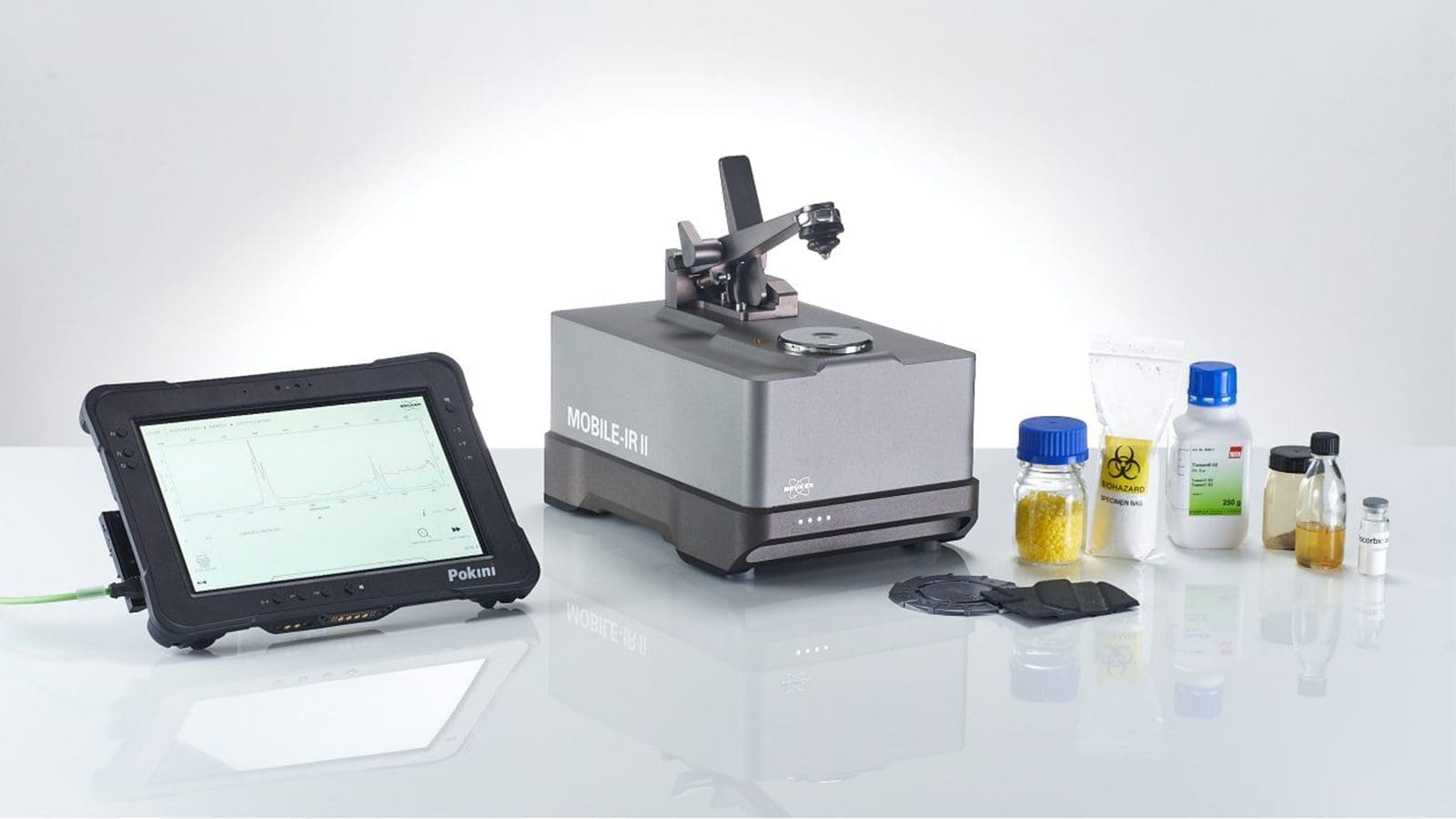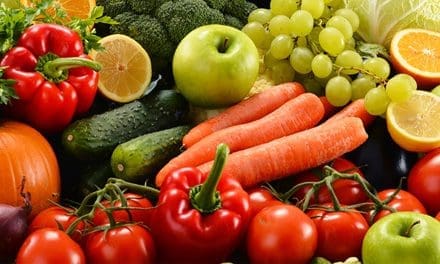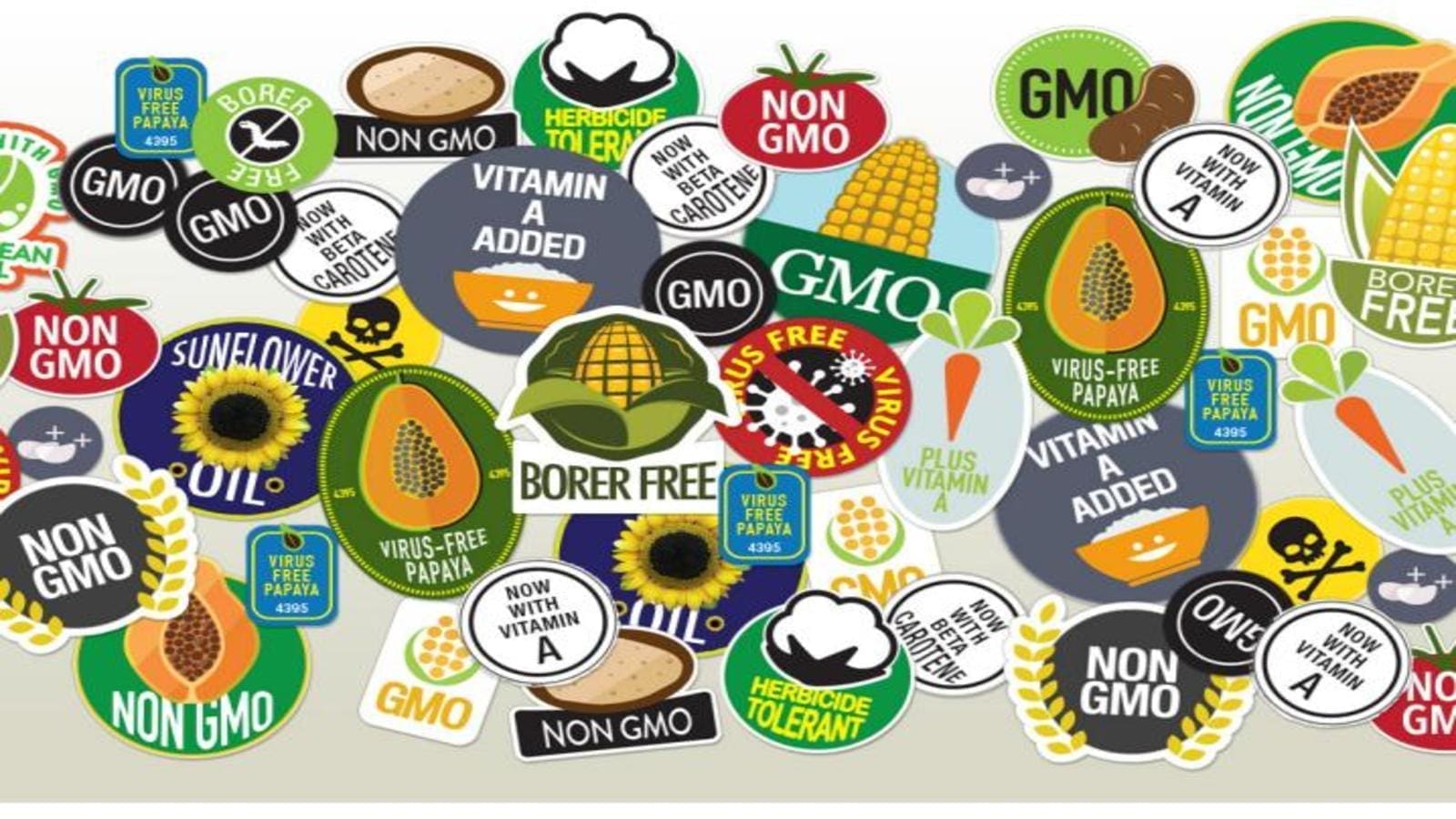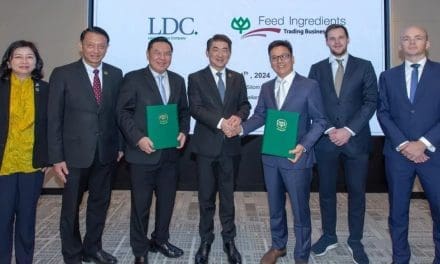UK -The UK’s Food Standards Agency (FSA) has dispelled the European Food Safety Authority’s (EFSA), research findings which flag titanium dioxide’s toxicity as a whitening food colorant – declining to ban the artificial additive.
Producers in mainland Europe are currently required to reformulate their food and beverage products over a four-month window of phasing out titanium dioxide, which is labeled as E171 in the European Union (EU).
This follows EFSA’s decision deeming titanium dioxide as “not safe” in 2021, which prompted the European Commission’s decision to completely ban it this year. Nevertheless, titanium dioxide is still permitted for use in pharmaceutical applications.
In recent decades, concerns about the risks of titanium dioxide consumption have grown, inciting action from European lobby groups.
Following its assessment of the evidence, the FSA refrained from validating the safety concerns surrounding the contested additive. Markedly, Food Standards Scotland (FSS) has aligned with this conclusion.
“These independent committees will continue to consider the issue throughout the year. The current timeline is for the risk assessment to conclude in the first quarter of 2023, although this may change as the work progresses if more data is required for the committees to come to a conclusion,” said Adam Hardgrave, Head of food additives, flavorings and food contact materials at the FSA.
While the decision to withhold action means there will not be any change in the food protocol in England and Wales, the EU’s ban of titanium dioxide will be carried out in Northern Ireland due to the Northern Ireland Protocol.
Concerns of using titanium dioxide
In recent decades, concerns about the risks of titanium dioxide consumption have grown, inciting action from European lobby groups.
The US Food and Drug Administration (FDA) categorizes titanium dioxide as Generally Recognized as Safe (GRAS) at a maximum 1% weight, but other organizations have issued warnings.
In 2020, France banned the use of the additive, leading companies such as Lonza to launch Vcaps Plus White Opal, its first commercially-available titanium dioxide-free semi-opaque capsule for food supplements.
Most recently, ingredient producer Blue California launched clean label whitening agents as an alternative to the potentially dangerous white colorant, as reported by FoodIngredients1st.
The French Agency for Food, Environmental and Occupational Health & Safety last year called for a uniform approach to screening nanomaterials like titanium dioxide. The methodology proposed specific adaptations related to regulatory definitions, particle size measurements, dissolution properties and hazard identification.
Liked this article? Subscribe to Food Safety Africa News, our regular email newsletters with the latest news insights from Africa and the World’s food safety, quality and compliance. SUBSCRIBE HERE








